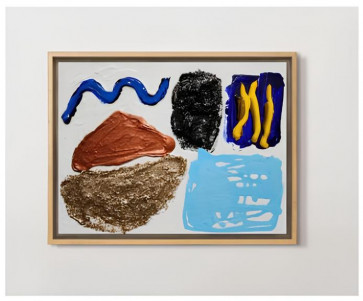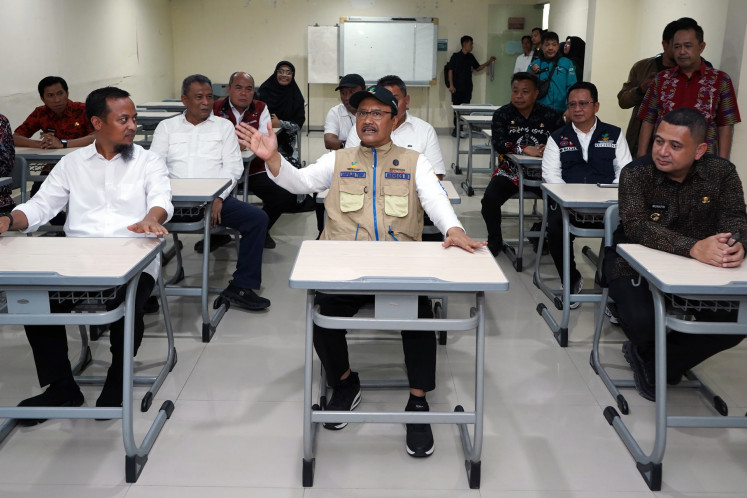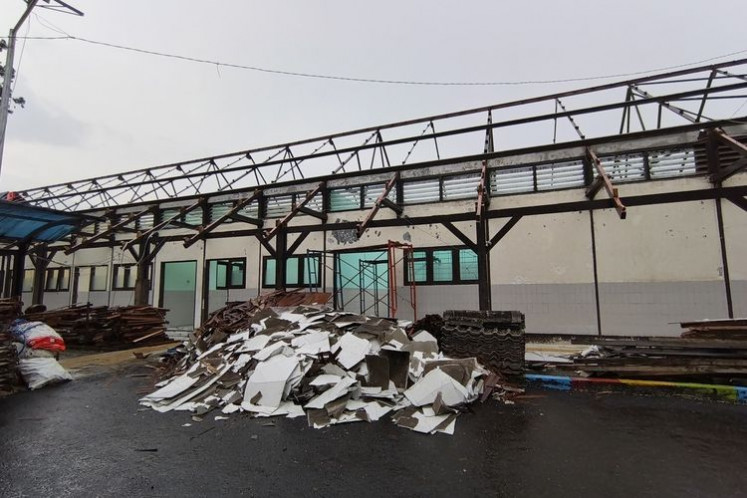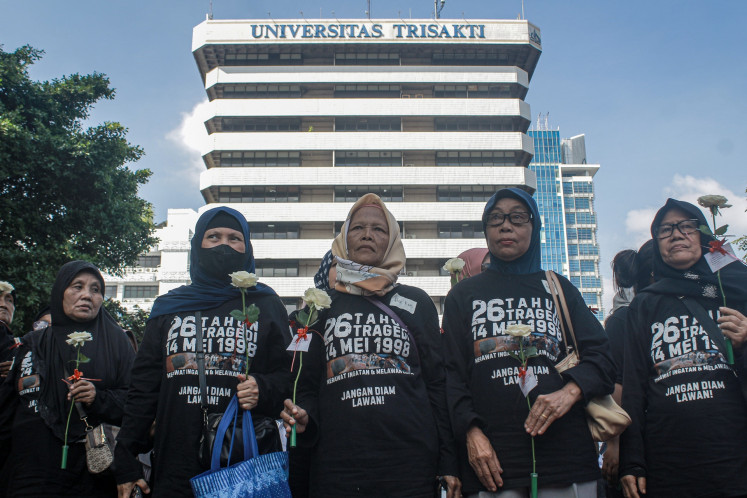Indonesian lawmakers agree to ratify WTO’s TFA
Indonesian lawmakers from the House of Representatives’ Commission VI overseeing trade have finally agreed to validate the World Trade Organization’s (WTO) multilateral Trade Facilitation Agreement (TFA) that is expected to simplify and modernize trade procedures
Change text size
Gift Premium Articles
to Anyone

I
ndonesian lawmakers from the House of Representatives’ Commission VI overseeing trade have finally agreed to validate the World Trade Organization’s (WTO) multilateral Trade Facilitation Agreement (TFA) that is expected to simplify and modernize trade procedures.
Despite being Southeast Asia’s largest economy, Indonesia is the only ASEAN member state yet to ratify the agreement, along with other 40 other countries across the world.
All factions in the Commission VI agreed unanimously to pass the TFA into law as they would seek final approval for the draft bill at the House’s plenary meeting soon.
“All of the commission’s factions have agreed, and even wanted it implemented immediately,” said Commission VI vice chairman Muhammad Haikal after a meeting with the Trade Ministry on the TFA validation recently.
Trade Minister Enggartiasto Lukita said once the House had given approval to ratify the
TFA agreement into law, the ministry would issue regulations
as a follow up before full implementation.
Based on its analysis of the TFA using the strength, weaknesses, opportunities and threats (SWOT) principle, the Trade Ministry found the agreement would, rather than threaten, bring more opportunities for business and foster economic growth.
In its assessment with Gadjah Mada University (UGM), the ministry concluded the TFA could help smoothen export and import traffic at ports, cut trading costs, increase state income and investment, as well as improve micro, small and medium enterprises’ (MSMEs) role in global trade.
More than two-thirds of the WTO’s 164 members have ratified the TFA, which was put into effect on Feb. 22 this year.
The TFA itself was concluded at the WTO Bali Ministerial Conference in December 2013 as part of the ‘Bali Package’ and has become the first multilateral trade agreement signed since the organization’s establishment in 1994.
The TFA aims to improve on five challenges to trade, such as information transparency related to export, import and transit, including their procedures, duties and taxes, other costs, prohibitions, restrictions and penalties.
Other issues included in the TFA are freight and goods release procedures, post-clearance audit, single window implementation and goods inspections before delivery, as well as special treatment for developing and less developed countries.
Despite praising lawmakers’ support to ratify the agreement, businesspeople have urged the government to implement it efficiently once its legal instruments are available, pointing out the need to cut bureaucracy found in various ministries and institutions that have contributed to high trade costs.
For instance, businesses point out one inefficiency as the slow trade permit and certification processes under the Agriculture Ministry, Food and Drug Monitoring Agency (BPOM) and National Standardization Agency (BSN).
“What’s better than this [approval] is the execution afterwards,” Shinta Kamdani, Indonesia Chamber of Commerce and Industry (Kadin) vice chairman for international relations, told The Jakarta Post over the weekend.
Indonesian Logistics and Forwarders Association (ALFI) chairman Yukki Nugrahawan also urged the government to revamp the Indonesia National Single Window (INSW) authority to function well with a complete online tracking system for goods, from their entrance until the empty containers are returned to the port.
Indonesia may also need to utilize its privilege as a developing country to ask for developed countries’ assistance, as the TFA allows, said Poppy S. Winanti, UGM lecturer in International Relations.
As an example, developed countries were obliged to assist its less-developed counterparts in building the infrastructure needed to ease trading logistics, such as through providing loans or grants, she said.









